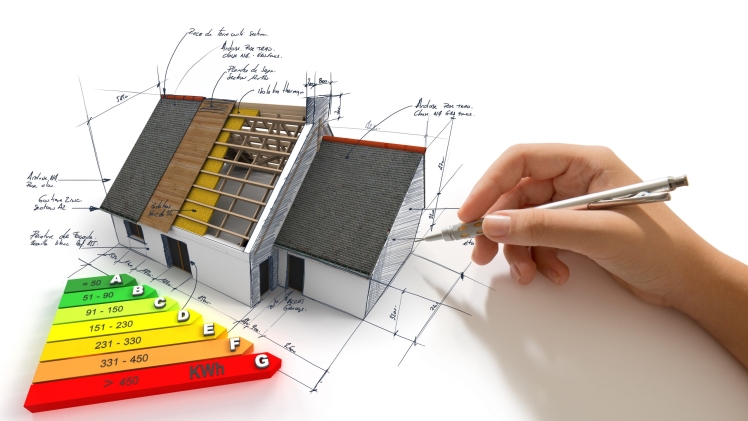Energy efficiency refers to the ability of a system to use less energy to perform the same task or provide the same service. In the context of HVAC systems, energy efficiency refers to the ability of the system to maintain a comfortable temperature while consuming the least amount of energy possible.
In this article, we will discuss how to improve the energy efficiency of your HVAC system to reduce your utility costs and increase the comfort level inside your home. We will also provide best practices on how to maintain the energy efficiency of your HVAC system.
HVAC System Components that Affect Energy Efficiency
The most important factor in determining the energy efficiency of your HVAC system is the components it contains. The following are some key components that can affect your system’s energy efficiency:
- Furnace or Heat Pump– The furnace or heat pump is the main component responsible for heating and cooling your home. It is important to choose an efficient furnace or heat pump, as this will help you save energy and money.
- Air Filter– An air filter is essential for keeping dust and allergens out of the air in your home. A dirty air filter can cause your HVAC system to work harder than it needs to, resulting in decreased efficiency.
- Ductwork– Ensuring that your HVAC ductwork is properly sealed and insulated will help reduce energy loss. Leaky ducts can cause more air to be lost, resulting in higher energy costs.
- Thermostat– The thermostat is responsible for regulating the temperature in your home. To get the most out of your HVAC system, you should use a programmable thermostat that allows you to adjust the temperature in your home throughout the day.
Best Practices for Maximizing Energy Efficiency in HVAC Systems
Now that you know the different components of your HVAC system, here are some tips for maximizing its energy efficiency:
- Regularly replacing air filters– Replacing dirty air filters regularly will ensure that your HVAC system can work efficiently without having to work too hard.
- Scheduling regular HVAC maintenance– Scheduling regular maintenance and repair for your HVAC system will help ensure that all components are working properly and efficiently.
- Insulating ductwork– Properly insulating your ductwork can help reduce energy loss and improve the efficiency of your HVAC system.
- Using a programmable thermostat– Using a programmable thermostat can help you save energy by allowing you to set the temperature for different periods. This will ensure that your HVAC system is only running when it needs to, resulting in lower energy costs.
These are just a few of the best practices you can follow to maximize the energy efficiency of your HVAC system. When combined with regular maintenance and repair, these tips can help ensure that your HVAC system is working as efficiently as possible, saving you money on energy costs.
How to Assess the Energy Efficiency of Your HVAC System
If you want to know how efficient your HVAC system is, you can use an energy audit. An energy audit is a process that helps identify areas of your home where energy is being wasted and suggests ways to reduce costs.
You can perform an energy audit yourself or hire an HVAC contractor to assess the efficiency of your system. An energy audit will help identify any potential problems such as leaking ducts, improper insulation, or faulty components that could be causing your HVAC system to be inefficient.
Having a professional conduct an energy audit can also provide you with valuable information about energy-saving tips and best practices for your specific system.
By following the best practices outlined above and performing an energy audit, you can ensure that your HVAC system is working as efficiently as possible. This will help reduce your utility costs and increase the comfort level inside your home.

